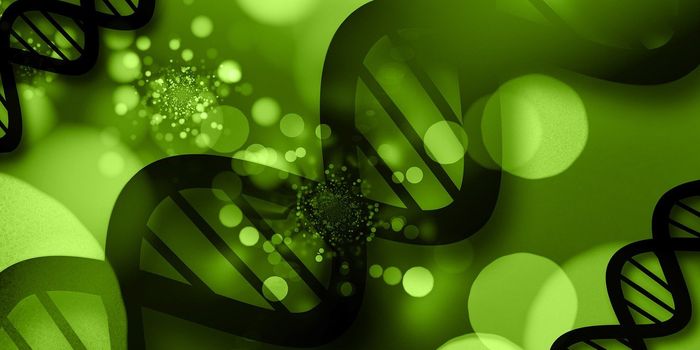Chemotherapy is highly effective against cancer when the cancer hasn’t found ways to subvert the treatment. The challenge is that cancer is cunning and can mutate to become resistant to the drugs, resulting in many patient deaths. Now, by combing through molecules that can bypass cancer’s defenses, researchers have stumbled on new compounds that can actually kill multidrug-resistant mouse cancer cells.

The compounds are organic and inorganic derivatives of a chemical element known as selenium (atomic number 34). This trace element is essential for normal biological processes, such as reproduction, metabolism, DNA synthesis, and protection from infection. Selenium deficiency can lead to diseases, such as cardiomyopathies (Keshan disease) and bone disorders (Kashin-Beck disease). Furthermore, previous research suggested selenocompounds may have potent anticancer effects.
Indeed, the present study demonstrated selenocompounds prevent cancer cells from becoming resistant to chemotherapeutic drugs, thereby boosting the efficacy of the actual chemotherapy.
In particular, the researchers honed in on how selenocompounds affect the efflux pumps on cells. Normally, the efflux pumps are located on the cell membrane and act to push toxins out of the cells as a protective mechanism. In cancer, the efflux pumps are coerced into pumping out the chemotherapy drugs, which prevent the cancer cells from being killed. Selenocompounds essentially block the efflux pumps from working in cancer cells, thus making the cells susceptible to drugs that were once considered ineffective.
"Our research reports a new way to fight multi-drug resistance in
cancer,” said Enrique Domínguez-Álvarez, professor at the University of Navarra in Pamplona, and first author of the study. Still, he tempered the team’s results with caution: “We are realistic and we know that much more research needs to be done, but we are excited about these promising results that open new and unexplored possibilities."

So far, the successes of selenocompounds have only been demonstrated on mouse T-lymphoma cells that are resistant to multiple drugs. But the battery of experiments revealed that blocking the efflux pumps led to more cancer cell death; some compounds were reported to kill as much as 80 percent of the mouse cancer cells. These are extremely good news for patients who have the exhausted the list of available drugs to treat their highly resistant cancer.
“The ultimate aim of cancer research is to give more chances to people whose lives are at risk due to this disease. The development of pharmaceutical drugs requires a lot of effort and time, and the results our group presents are just preliminary. But contributing my effort to this fight, even in these starting steps, fulfills me. I hope that in the future our work will serve as the basis to develop new drugs against cancer that reach the patients who need them,” said Domínguez-Álvarez.
Additional source:
NIH,
Elsevier press release

 So far, the successes of selenocompounds have only been demonstrated on mouse T-lymphoma cells that are resistant to multiple drugs. But the battery of experiments revealed that blocking the efflux pumps led to more cancer cell death; some compounds were reported to kill as much as 80 percent of the mouse cancer cells. These are extremely good news for patients who have the exhausted the list of available drugs to treat their highly resistant cancer.
So far, the successes of selenocompounds have only been demonstrated on mouse T-lymphoma cells that are resistant to multiple drugs. But the battery of experiments revealed that blocking the efflux pumps led to more cancer cell death; some compounds were reported to kill as much as 80 percent of the mouse cancer cells. These are extremely good news for patients who have the exhausted the list of available drugs to treat their highly resistant cancer.







